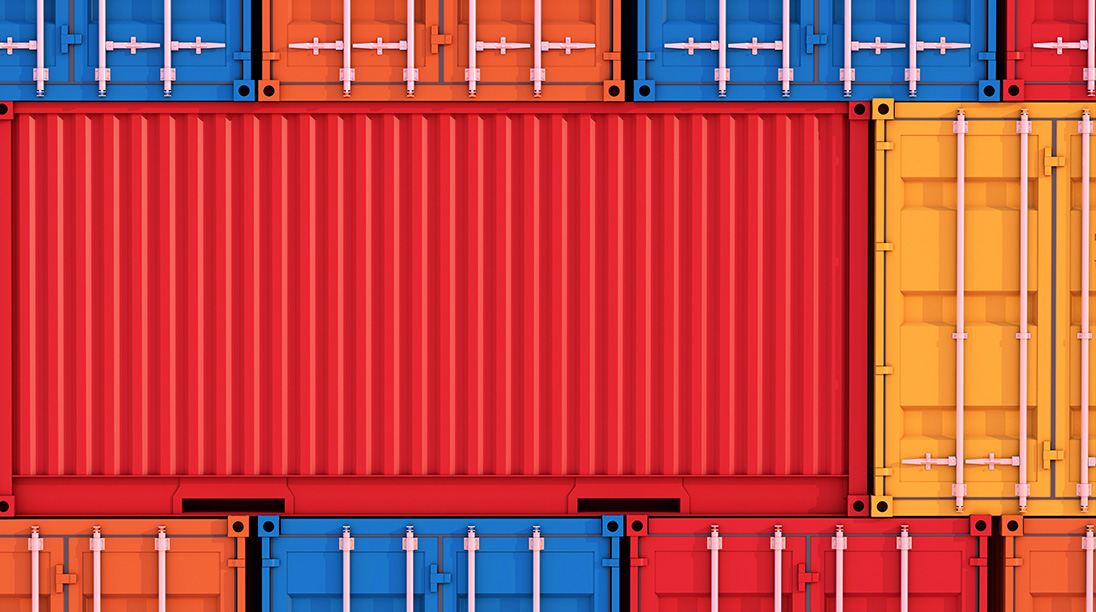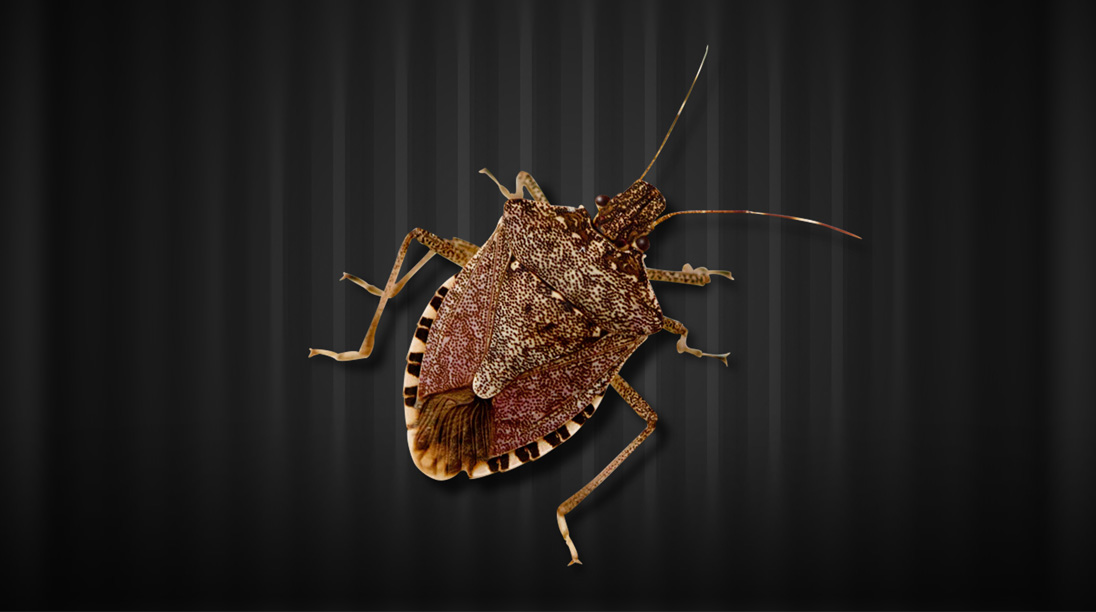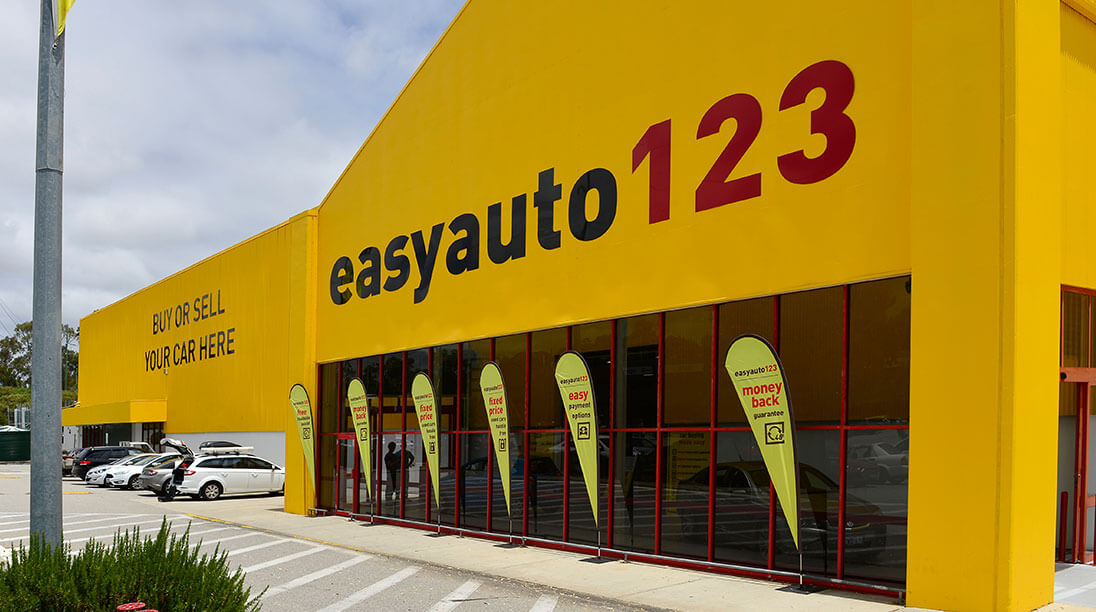The brown marmorated stink bug (BMSB), which has delayed many vehicle deliveries into Australia since the middle of last year after being detected on cargo ships carrying cars, has now been the subject of a review to change its pest status.
The department said that in response to the bug’s rapid expansion throughout Europe and North America, “certain goods manufactured in, or shipped from target risk countries as sea cargo between September 1, 2019 and April 30, 2020 (inclusive) will be subject to BMSB requirements on arrival”.
The bug, which has seasonal infestation of September to April, has in the past year caused significant delays to the shipments of vehicles and caused the postponement of at least one new-car launch – for Citroen – as bugs were detected on the ship bringing the first model shipment to Australia.

Other companies affected have included Volkswagen, Land Rover, Mercedes-Benz and Nissan. Detection of the bug has caused the refusal by Australian authorities for a ship to dock and even turning it back to another port.
Treatment of the vessel and its contents have also been carried out on board the ship while moored off the coast.
One car importer said the manufacturers were scrupulous about pest control from the factory to the point of delivery. He said the problem was likely to be caused when the ship stopped at another less-stringent pest control port on the way to Australia and the BMSB could be introduced onto the vessel.
Car manufacturers from China, Japan, the US and Europe have been aware of the BMSB since first detected in Australia in 2015.
The BMSB has since been found on Australian soil, including on earthmoving equipment imported from Asia and located in Clayton in Victoria. Detections have also been noted in Fremantle and Brisbane.
The department said the BMSB is an exotic pest that could cause major damage to agricultural crops, nursery stock and ornamental plants if it established in Australia.

“It’s also a nuisance because it seeks shelter in large numbers in buildings and equipment during the winter months. It has a foul smelling odour when disturbed,” the department said.
“It is well known to stow away in cargo coming out of the northern hemisphere between September and April each year.”
Proposed for the 2019/20 financial year is an upgrade of the BMSB’s pest status, and mandatory offshore treatment of target high-risk goods shipped in sealed containers and breakbulk cargo, including goods shipped in open-top containers or on flat-rack containers.
“Untreated breakbulk will be denied discharge and be directed for export on arrival,” the department said.
Thirty-four countries are now categorised by the Australian government as a target risk, including car and car-parts manufacturing nations of the US, the Czech Republic, France, Canada, Germany, Slovakia, Hungary, Slovenia, Austria, Italy, Spain and Japan.
By John Mellor













 Read More: Related articles
Read More: Related articles

